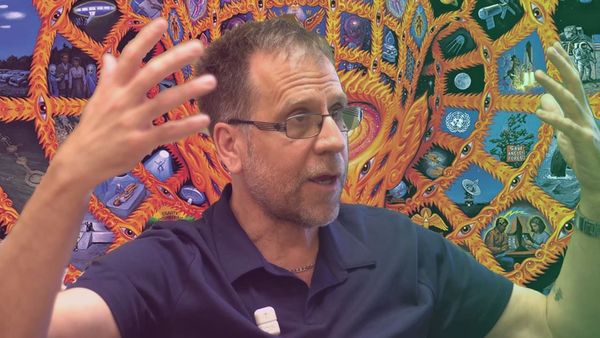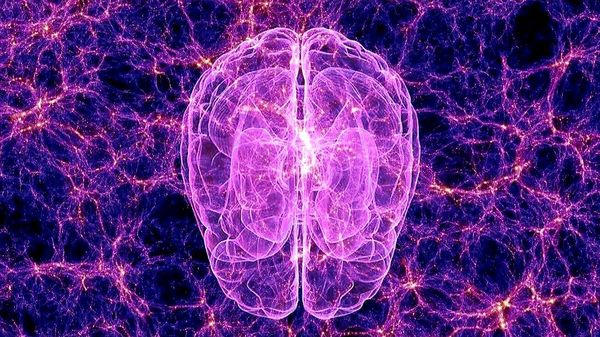Jordan Lejuwaan • • 2 min read
Positive Psychology: Analyzing Happy People

For centuries, psychology has done one thing: attempted to fix the unhealthy, depressed and insane. It has focused solely on those in need and completely ignored healthy, happy people. Positive psychology reverses this trend and moves the focus to improving ‘normal’ lives. According to Dr. Martin Seligman, the father of modern positive psychology, it is concerned with “making the lives of normal people more fulfilling and nurturing genius and high talent.”Positive psychology researchers generally split the field into three separate areas of study; three different kinds of happy lives:The Pleasant Life – Life in which you have as much pleasure and positive emotion as possible and the skills to amplify those emotions.Three Drawbacks to the Pleasant Life: 1) It is about 50% heritable and not very modifiable2) Positive emotion habituates rapidly. In other words, you get bored of the activities that make you happy very quickly.3) It is not very malleableThe Good Life – Knowing what your highest strengths are and re-crafting your life to use them in work, love, friendship, parenting, etc. When you do this, you will constantly find yourself “in the zone.” For example, when someone’s passion is writing, they will find that time stops when sitting down to write. Dr. Seligman refers to this as ‘flow,’ the time when you feel nothing because you are completely immersed in what you love to do.The Meaningful Life – Knowing what your strengths are and using them to contribute and belong to something bigger than yourself.Dr. Seligman goes on to talk about certain interventions that are hugely successful in instilling happiness in those that participate. These are methods that each speak to a specific kind of happy life:1) Have a Beautiful Day (The Pleasant Life)
Take a moment to design an amazing day for yourself. Plan out your entire schedule for one day that will maximize the amount of pleasure you experience and then live that day.2) Gratitude VisitWrite a 300 word testimonial to someone that has positively affected your life more than anyone else. Then go visit that person and read it to them. Research has shown that even three months later, people who do this are much happier.3) Strength Date (The Good Life)When couples identify their highest strengths and then design an evening where both of them are able to use their respective strength. Studies have shown that this greatly increases the strength of the relationship.4) Fun vs. Philanthropy Having someone do something fun prior to doing something philanthropic. Whereas the happy effect of fun wears off quickly, the positive effects of philanthropy last. This juxtaposition results in extended happiness for the participant.
So which of the three types of lives is most fulfilling? Which results in long-term happiness? The results of the Dr. Seligman’s studies are fairly surprising…The Pleasant Life or the pursuit of pleasure has little to no effect on long-term happiness. The only time hedonism has an effect is when an individual already has the good and meaningful life so that the pleasure is just the icing on the cake.
The Good Life and the Meaningful Life both have extremely long-term positive effects on happiness.
Take a moment to design an amazing day for yourself. Plan out your entire schedule for one day that will maximize the amount of pleasure you experience and then live that day.2) Gratitude VisitWrite a 300 word testimonial to someone that has positively affected your life more than anyone else. Then go visit that person and read it to them. Research has shown that even three months later, people who do this are much happier.3) Strength Date (The Good Life)When couples identify their highest strengths and then design an evening where both of them are able to use their respective strength. Studies have shown that this greatly increases the strength of the relationship.4) Fun vs. Philanthropy Having someone do something fun prior to doing something philanthropic. Whereas the happy effect of fun wears off quickly, the positive effects of philanthropy last. This juxtaposition results in extended happiness for the participant.
_____________________________________________________________________________________
So which of the three types of lives is most fulfilling? Which results in long-term happiness? The results of the Dr. Seligman’s studies are fairly surprising…The Pleasant Life or the pursuit of pleasure has little to no effect on long-term happiness. The only time hedonism has an effect is when an individual already has the good and meaningful life so that the pleasure is just the icing on the cake.
The Good Life and the Meaningful Life both have extremely long-term positive effects on happiness.
Here is the original video of Dr. Seligman at a TED conference in 2004.










